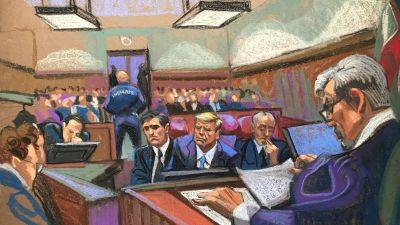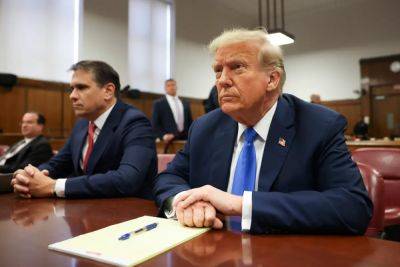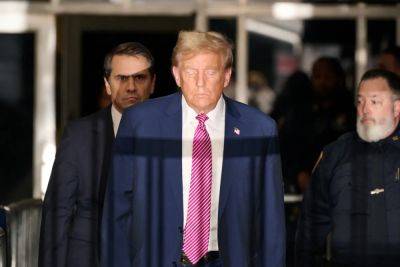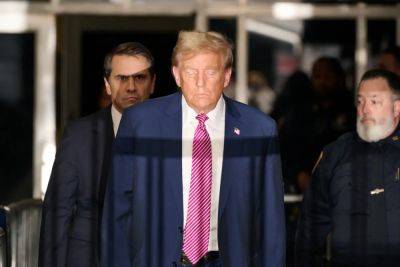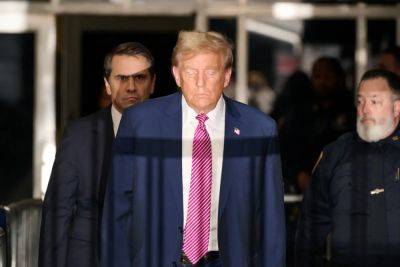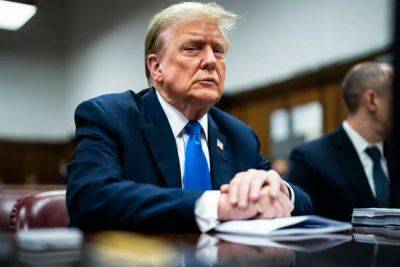Free trade flaws fueled Trump's rise in 2016 — and the problems remain, top economist says
- Trump has proposed a baseline 10% tariff on all U.S. imports and a levy of 60% or higher on imported Chinese products.
- Speaking to CNBC's Steve Sedgwick on the sidelines of the Ambrosetti Forum on Friday, Koo said protectionism was a "horrible thing," but that Trump's approach "does have some economic logic."
Decades of trade deficits and a strong dollar created too many "losers" in the U.S. economy who turned to Donald Trump's protectionist policies, according to Richard Koo, chief economist at the Nomura Research Institute — and those conditions remain.
Trump's "America First" economic policies led his administration to institute a slew of trade tariffs on China, Mexico, the European Union and others, including slapping 25% duties on imported steel and aluminum.
As the Republican nominee for the 2024 presidential election, Trump has proposed a baseline 10% tariff on all U.S. imports and a minimum levy of 60% on imported Chinese products.
These policies have drawn widespread criticism from economists, who argue that tariffs are counterproductive, as they make imported goods more expensive for the average American.
Speaking to CNBC's Steve Sedgwick on the sidelines of the Ambrosetti Forum on Friday, Koo said protectionism was a "horrible thing," but that Trump's approach "does have some economic logic."
"When we studied economics and free trade, in particular, we were taught...that free trade always creates both winners and losers in the same economy, but the gain that winners get is always greater than the loss of the losers, so the society as a whole always gains. So that's why the free trade is good," he noted.
Koo nevertheless argued that this rests on the assumption that trade flows are balanced or in surplus,


